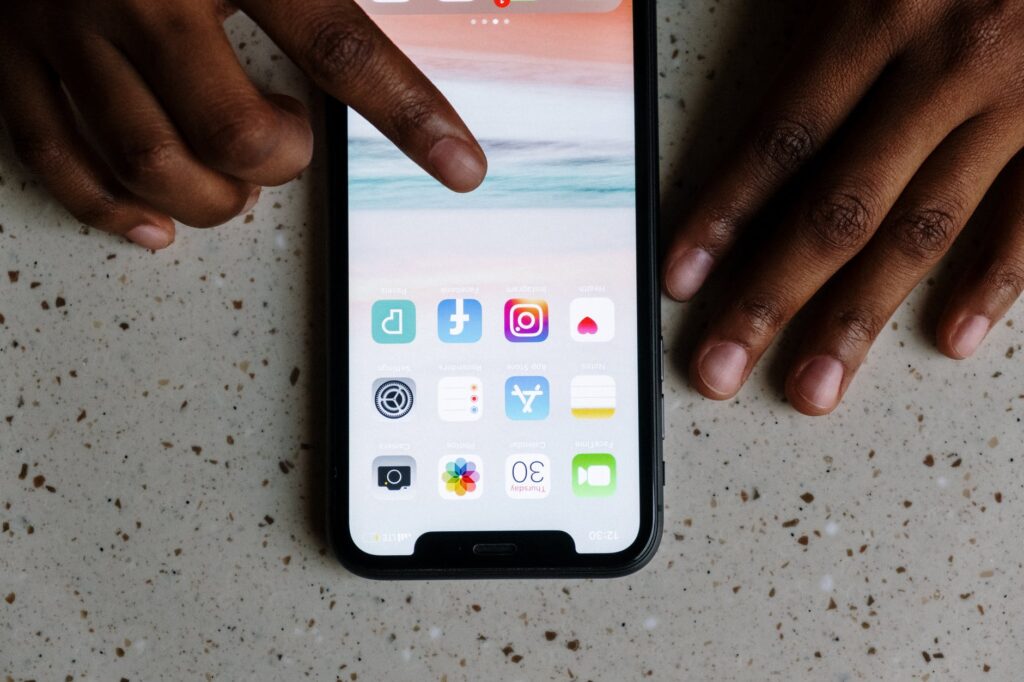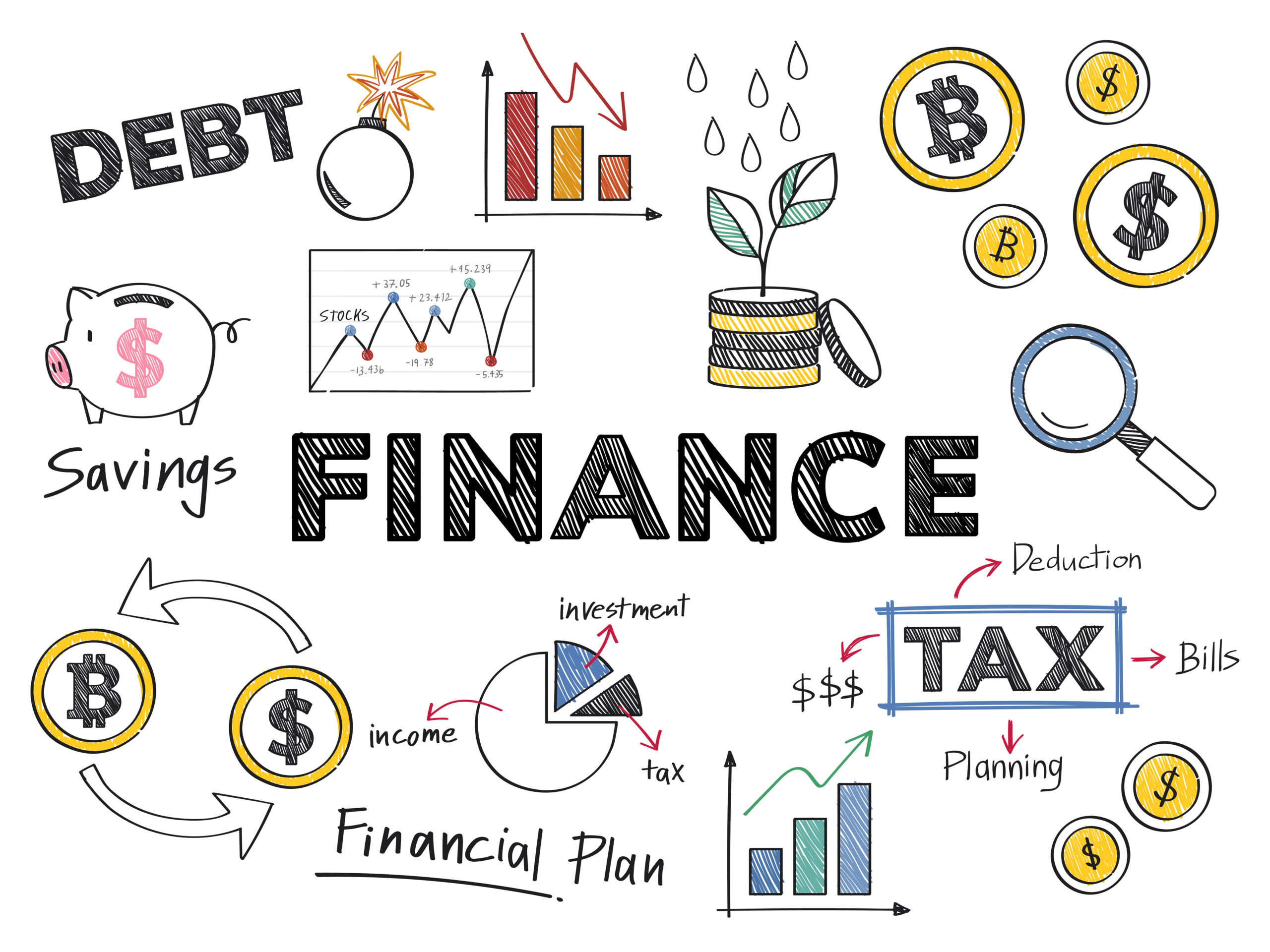A budget is one of the best tools you have in your hand to get control of your finances and improve your financial condition if you have the right attitude and determination to exercise better control over your finances. However, sticking to a budget can be challenging for a myriad of reasons, ranging from a lack of time to sit down and budget to not being able to track down a budget that is simple to use in the long run. This can lead to the repetition of the same budgeting blunders, not to mention the numerous misconceptions regarding budgeting and money. The following budgeting hacks will help you make peace with your money as well as create better spending habits.
1. Do Some Financial Scrutiny
If you decide to buy something, do some research first. Obtain as much information as possible about the goods, including costs, return policies, warranties, and payment methods. Chances are you’ll be able to discover sales, special offers, and payment plans that suit your budget.
2. Use Financial Tracker Apps
Sticking to a budget is considerably easier with easy-to-use budgeting software on your phone. It’s a terrific method to keep track of your expenses in real-time and have access to your budget at any time. Most budgeting applications can connect to your computer or even your family, making it even easier to stay on the same page when it comes to spending. These apps also let you check how much money you have left in each area fast, which might help you avoid splurging. The best expense tracker apps for 2022 are Mint, PocketGuard, Personal Capital, GoodBudget et cetera.

3. Cut Your Utility Bills
It will be easier to stick to your budget if you reduce your monthly costs. Finding more breathing room in your budget might make a big impact if you’re having trouble with particular areas. You can save money by switching cell phone plans or Internet providers, but you can also save money by regulating the thermostat, installing a smart air-conditioning system, and using energy-efficient technology. By freeing up extra cash, these actions will make adhering to your budget simpler.
4. Use a Cash-only Budget for Problem Categories
A cash-only budget, as the name suggests, requires you to spend only cash for all of your expenditures. There are no credit or debit cards or checks allowed. The major advantage of a cash-only budget is that you’ll be more motivated to stick to it as you run out of cash. Recognize your overspending areas and consider setting aside a specific amount of money each week or month for those purposes. When the money’s gone, it’s gone for good. This will assist you in maintaining a budget, even in your problem areas.

5. Have Regular Budget Reviewing Sessions
Meetings with your family to discuss your budget are a terrific approach to getting your finances in order. A budget meeting simply means that you analyze your spending, savings, and progress toward your financial goals regularly to make any necessary adjustments.
The importance of financial well-being cannot be overstated. Individuals and families experience stress and worry when they are uncertain about their capacity to satisfy their financial commitments. This tension and anxiety may become so intense that it becomes impossible for people to return to financial stability. Budgeting takes time, especially in the beginning. You’re still getting organized, adjusting to any prospective lifestyle changes, and getting used to being on a budget. The proper application of the above-mentioned hacks will help you move one step closer to being financially fine.

















